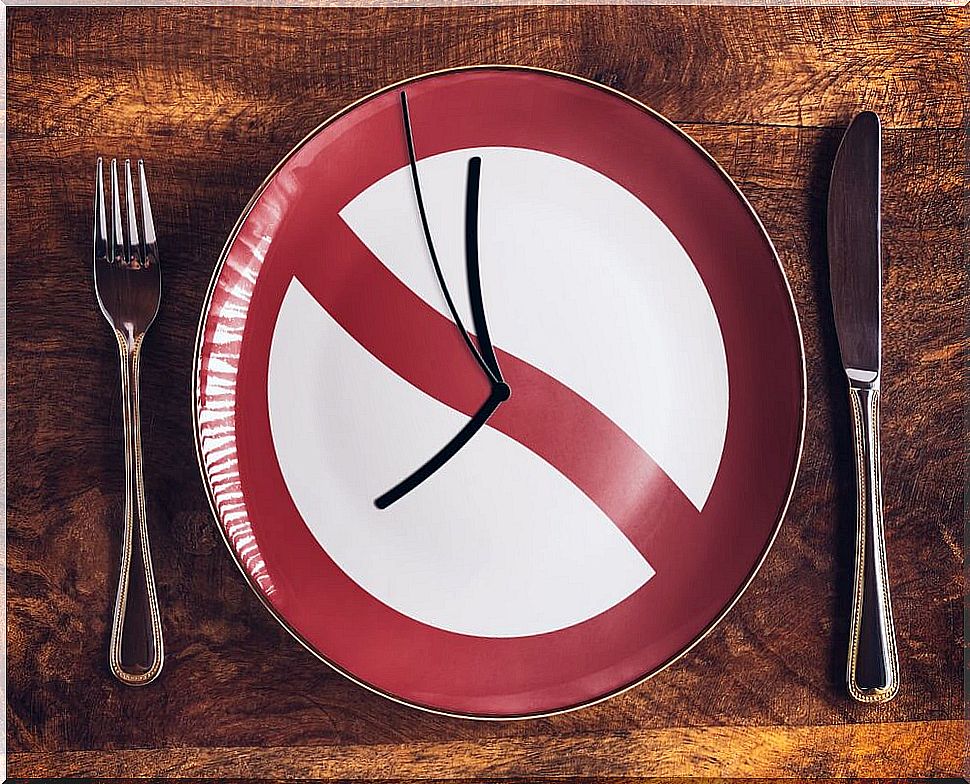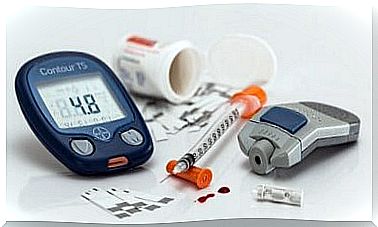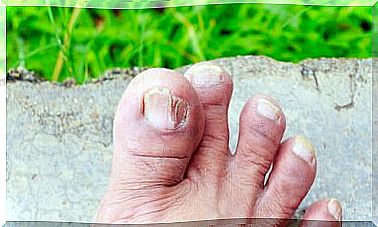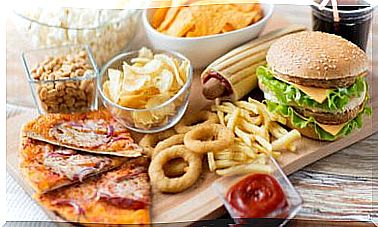Healthy Eating Mistakes To Correct
Even the healthiest people can make eating mistakes that can derail their plans to live healthier or lose weight. If you are one of those who pays close attention to what you eat, surely you are interested in discovering how you can improve your diet even more.
Getting your family to eat healthy is more of a headache. Beyond the rush of everyday life, ready-made products and individual packages, family nutrition seems to have become a pending issue for many households.
For this reason, below we will tell you what eating mistakes you may be making. In this way, you and your family can enjoy good health.
Eating mistakes you may be making
We are going to present you the most common mistakes when it comes to food. In this way you can correct them to improve the quality of the diet.
1. Improvisation
Most families (up to 80%, according to some studies) do not plan their weekly menus. The result of disorganization is an unbalanced eating practice that leads to excess weight. Learning basic food knowledge is necessary to acquire nutritional criteria and organize better.
Without a doubt, eating well today requires reflection, a smart purchase to choose well without leaving your pocket and cooking a little more. Planning your weekly menu in advance has been shown to be associated with better health and a lower body mass index.
2. Healthy eating mistakes: Light is not always synonymous with healthy
Many times the reduction in fat is supplemented with other less healthy substances, so we will have to decide how often we consume this type of food so that it does not alter the nutritional balance of our diet.
Another misconception is that fat is harmful. The body needs fat to function well. Products that advertise “0% fat” not only do not have bad quality lipids, such as trans, but they also do not contain good ones, such as monounsaturated, useful for fighting bad cholesterol.
3. Eat a few times a day and a lot
Experts recommend five daily intakes : three important meals (breakfast, lunch and dinner) and two snacks. If we do not give food to the body for a long period of time (more than 3-4 hours), the body goes into alert and all our reserve mechanisms are triggered.
This means that the body begins to save energy and accumulate fat to endure and perform during the hours that it is not going to receive food. It is therefore essential to avoid these alert mechanisms to keep our body in a correct balance.
However, in recent years dietary protocols such as intermittent fasting have become fashionable. According to research published in the journal Nutrients , these mechanisms are effective, but must be guided by a professional.
4. Eating after hours

Eating ‘after hours’ is also a bad habit. Many of the hormones related to the metabolism of nutrients are produced in a circadian rhythm of synthesis, normally motivated by the amount of sunlight available. Thus, eating and dining early is associated, for example, with a lower risk of being overweight. This is evidenced by a study published in 2019.
5. Healthy Eating Mistakes: Abusing Salt
Abusing salt can lead to fluid retention and blood pressure problems. Excess sodium in the body will mainly affect the kidneys and the heart. These are conditions that occur over time through continued abuse of salt intake.
To avoid this, it is essential to follow a proper diet in which common salt is a scarcely present element. A healthy way to season food is by adding aromatic herbs or spices.
6. Believe that eating a salad is already eating vegetables
Many people think that eating salads already means including enough vegetables and greens in their diet. This is a volume error, since a basic salad, with lettuce, tomatoes and onion has little nutritional density and provides mostly water.
To have a healthy diet it is necessary to eat vegetables and vegetables in a varied and balanced way such as green beans, spinach, peas, cabbages, peppers, carrots … There is not only lettuce!
7. Too much meat and not enough vegetables

“At least finish the steak,” plead some moms. Animal protein should not occupy more than a quarter of the plate or tray, like legumes or cereals on the menu. Cereals and legumes complement each other very well and also contribute to the protein intake.
Thus, small portions of white meat or fish are sufficient. Red meat should be consumed weekly, not daily. The real protagonists must be vegetables and greens.
Optimize diet to improve health
Finally, if you have any questions about how to follow good eating habits, do not hesitate to consult a nutritionist so that they can give you more guidelines on how to follow a correct diet. Remember that building strong and healthy dietary habits will reduce your risk of getting sick at a future stage.








